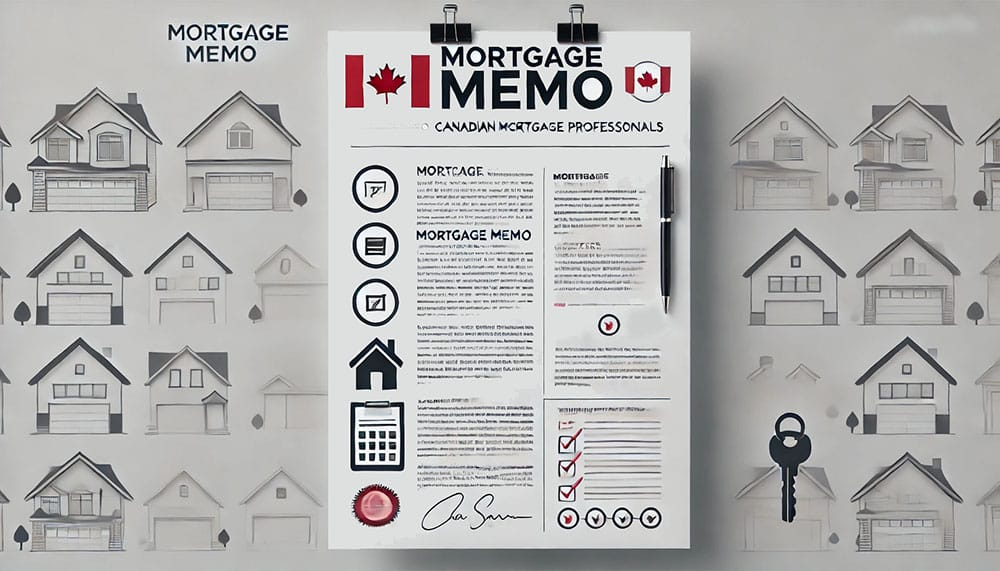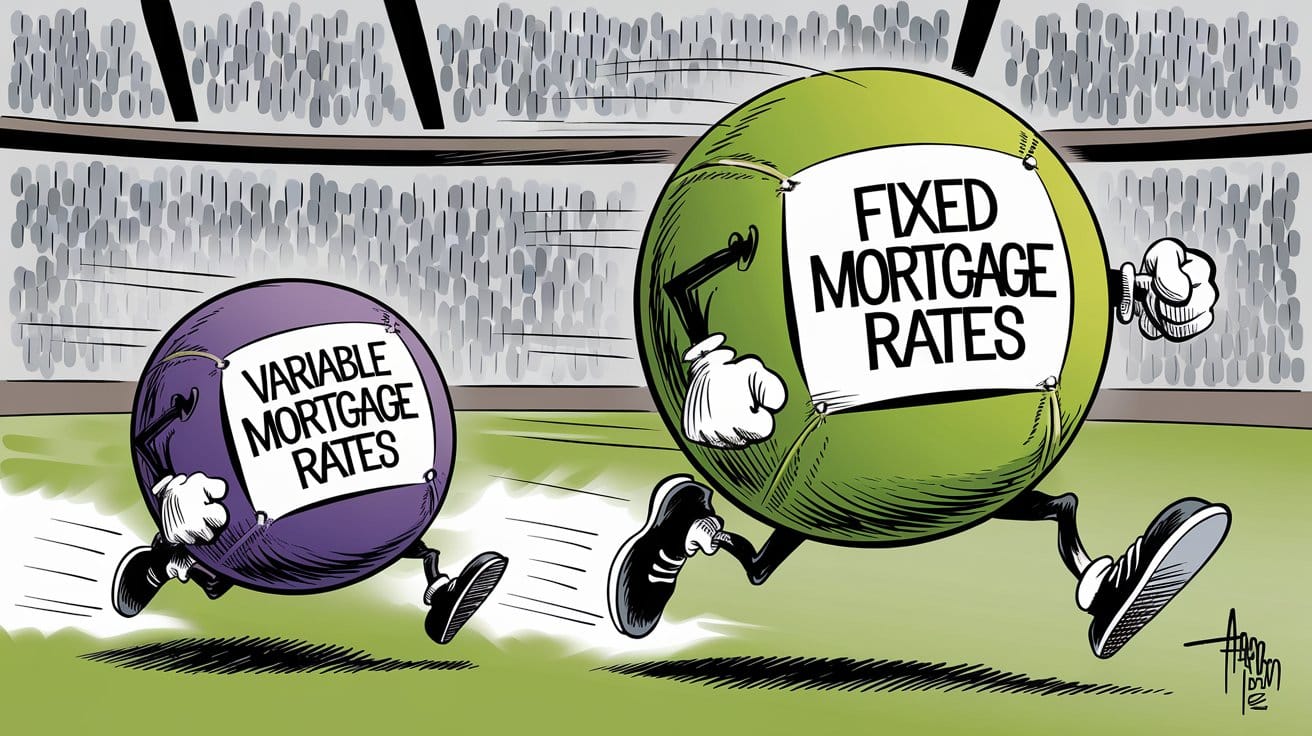CMHC says Canada built 30,000 fewer homes last year thanks to lofty borrowing costs. Turns out, steep rates caused small-fry investors, who account for about half of condo construction funding, to run for the hills faster than Sean "Diddy" Combs from a truth-telling contest.
This spells trouble for one simple reason: "Canada has built a structural deficit in housing supply that can only be remedied through extensive investment by the private sector," CMHC reported this week. In fact, despite all the government home-building hoopla, the private sector shells out no less than 95% of home-building capital.
When it comes to condo apartments, it is individual investors who provide "the majority of the funding to build," CMHC Deputy Chief Economist Aled ab Iorwerth tells MLN. So, given that most developers need at least 70% of units pre-sold to secure financing and start construction, the exodus of small investors has thrown a wrench in the housing machine.
Back to top



